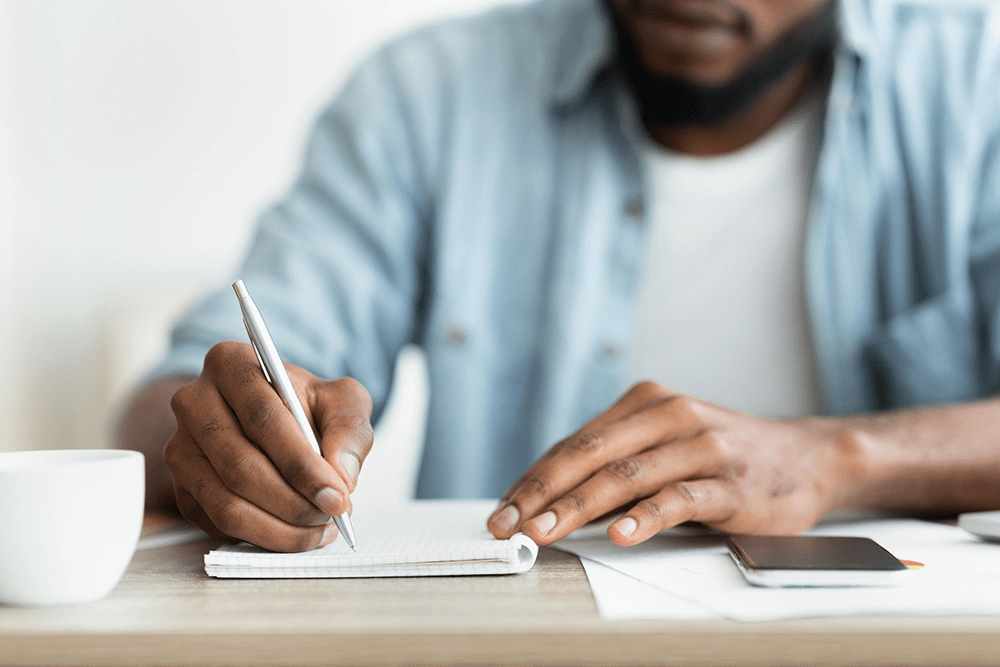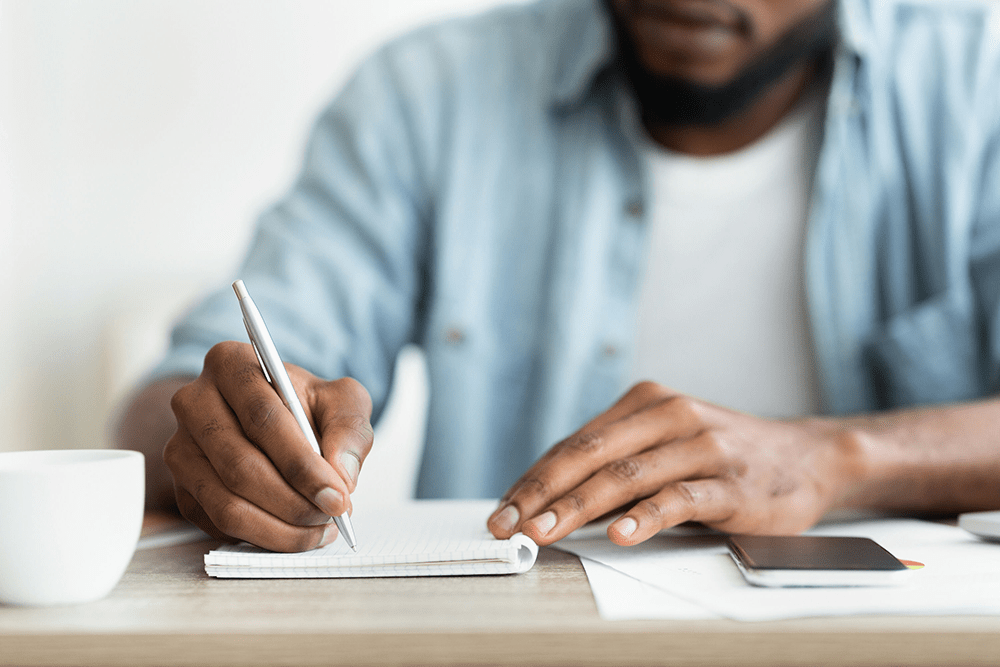Understanding how gabapentin and alcohol interact is important for anyone taking gabapentin or considering alcohol use while on this medication. Many people receive gabapentin from their doctor to treat nerve pain, seizures, or other conditions. Sometimes, gabapentin is also used in addiction treatment programs, including those at Spero Recovery Center, where support is provided for substance use and co-occurring mental health concerns.
Alcohol is a common part of social life for many adults, but it interacts with medications in ways that are not always obvious. Combining alcohol with certain prescription drugs can increase risks or cause unexpected effects. At Spero Recovery Center, clients often ask about the safety of using alcohol while taking medications like gabapentin.
Research shows that both gabapentin and alcohol impact the brain and nervous system, but they do so in different ways. When used together, these effects can overlap and sometimes become more pronounced. By learning how gabapentin and alcohol affect the body, individuals can make decisions that support their safety and well-being. For those struggling with both substance use and mental health conditions, dual diagnosis treatment in Colorado offers the professional guidance needed for long-term recovery.
What is Gabapentin, and How Does Alcohol Affect It?
Gabapentin is a medication that changes how certain chemicals in the brain work. Doctors often prescribe it to help with nerve pain, prevent seizures, or as part of treatment for alcohol use disorder. The drug is also known by the brand name Neurontin.
Alcohol is classified as a central nervous system depressant. This means it slows down the messages between the brain and the body. Even moderate amounts of alcohol can affect coordination, reaction time, and decision-making.
Gabapentin mainly works by reducing the signals that cause nerve pain and by preventing abnormal electrical activity in the brain that can lead to seizures. Common side effects include drowsiness, dizziness, and tiredness.
Alcohol’s effects include slower brain activity, reduced coordination, and increased drowsiness or sedation. When alcohol is combined with gabapentin, these effects may add up.
Some people take gabapentin and alcohol together, either by drinking while on medication or because gabapentin is being used to help with alcohol withdrawal. Understanding how these two substances work helps explain why health professionals closely monitor their use together.
Side Effects of Mixing Gabapentin and Alcohol
Gabapentin and alcohol both slow down the central nervous system. When used at the same time, the effects of each substance become stronger.
One of the most common side effects includes increased drowsiness, which means a person may feel much more sleepy than usual. Severe dizziness can also occur, making it easier to lose balance and fall. Impaired coordination may make it difficult to walk, drive, or perform daily activities safely.
Mixing gabapentin and alcohol can also cause cognitive problems, such as memory issues, confusion, and trouble focusing. In rare but serious situations, breathing may slow down to a dangerous level, a condition called respiratory depression.
Research shows that about 20% of people taking gabapentin experience significant drowsiness, and the risk is higher for older adults or those on higher doses. Combining these two substances can lead to situations where accidents or medical emergencies are more likely, especially for people with existing health problems.
Gabapentin and Alcohol Interaction Risks and Overdose Signs
Gabapentin and alcohol do not cause strong chemical reactions with each other in the body, but using them at the same time increases safety risks. Both substances act as depressants on the central nervous system, which means they slow down brain and body functions. The combined effects can make each substance’s impact stronger and more dangerous.
Mixing gabapentin and alcohol can lead to overdose situations. Signs of a possible overdose include severe confusion or disorientation, extreme drowsiness or trouble waking up, slow or irregular breathing, blue lips or fingertips, and a loss of coordination or even loss of consciousness.
Recent data shows that emergency room visits involving both gabapentin and alcohol have increased by more than 50% in the past five years. If emergency signs are present, 911 should be contacted right away.
Can You Drink Alcohol While Taking Gabapentin?
Drinking alcohol while taking gabapentin increases the chance of harmful side effects. Healthcare professionals recommend not drinking alcohol during gabapentin treatment. Even a small amount of alcohol, such as a single glass of wine or beer, can make side effects stronger.
When alcohol and gabapentin are used together, drowsiness and dizziness are often worse than with either substance alone. This can happen with social drinking. Using alcohol regularly while on gabapentin leads to effects that add up and become more severe over time. Binge drinking, or drinking a large amount of alcohol at once, increases the risk of overdose.
Mixing alcohol with lower doses of gabapentin, such as 300mg, can still be risky. The National Institutes of Health explains that combining alcohol with any medication can cause effects that are hard to predict and may be dangerous.
How Long After Taking Gabapentin Can I Drink Alcohol?
Gabapentin has a half-life of about 5 to 7 hours. This means that it takes 5 to 7 hours for half of the gabapentin dose to be processed and removed from the body.
Complete elimination of gabapentin from the body usually takes between 24 and 48 hours. Some factors, such as a person’s age, kidney function, and the dose taken, can change how quickly gabapentin is eliminated from the system.
A waiting period of at least 24 hours after the last dose of gabapentin is often considered before consuming alcohol. However, individual differences in metabolism or health conditions may make this period longer or shorter.
Alternative ways to reduce risk include discussing timing and interactions with a healthcare provider, taking gabapentin at bedtime if advised, and choosing not to drink alcohol while using gabapentin. If alcohol has already been consumed, waiting until the body has processed all the alcohol before taking gabapentin can lower the chance of interactions.
Gabapentin for Alcohol Use Disorder Treatment
Gabapentin is sometimes used off-label by healthcare providers to support people with alcohol use disorder, especially during withdrawal. For those questioning am I an alcoholic, medications like gabapentin may be part of a broader recovery plan under professional supervision.
Recent research from 2021 to 2024 shows that gabapentin can reduce alcohol cravings in some individuals. Clinical trials have found that gabapentin can help manage withdrawal symptoms, such as anxiety and trouble sleeping. Several studies report that people treated with gabapentin are more likely to remain abstinent from alcohol compared to those who do not receive this medication.
The benefits of gabapentin in this context include its ability to lower alcohol cravings, help people reduce or stop drinking, improve sleep during early recovery, and manage anxiety that may trigger alcohol use. Gabapentin for alcohol use disorder is provided under medical supervision and is included as part of comprehensive addiction treatment programs and alcohol rehab services.
Safety Guidelines When Taking Gabapentin with Alcohol
Medical guidance is important before combining gabapentin and alcohol. A healthcare provider can assess your specific situation, consider your current medications, and review any health conditions that may increase risk.
Side effects such as severe drowsiness, confusion, or breathing problems can occur. Tracking symptoms in a diary and sharing these records with a healthcare provider allows for prompt attention if changes appear.
Some individuals may use harm reduction by limiting alcohol intake and avoiding drinking alone. Complete abstinence from alcohol while taking gabapentin is considered the safest approach.
Difficulty managing alcohol use or experiencing side effects can be addressed through professional support. Structured programs, including those at Spero Recovery Center, provide help for substance use and co-occurring mental health conditions.
Frequently Asked Questions about Gabapentin and Alcohol
Taking gabapentin when alcohol is still in your system increases the risk of side effects such as drowsiness, confusion, and breathing problems. Combining these substances can be dangerous and is avoided in medical practice.
Alcohol can interfere with how gabapentin works in the body. Drinking alcohol while taking gabapentin may reduce the medication’s ability to relieve pain and can make symptoms worse.
Even when taken at a low dose, gabapentin can interact with any amount of alcohol. This combination can lead to unpredictable and dangerous reactions, including increased sedation and impaired coordination.
If alcohol is consumed by accident while taking gabapentin, stopping further drinking and watching for symptoms such as excessive sleepiness, confusion, or trouble breathing is a common next step. Contact medical advice or emergency help if symptoms become severe.
Gabapentin is sometimes used in alcohol recovery programs under medical supervision. Its use is guided by healthcare professionals to ensure safety and manage possible risks.
Finding Professional Support for Recovery
For individuals who have concerns about using gabapentin and alcohol together, support is available. Spero Recovery Center uses evidence-based methods to address substance use along with co-occurring mental health conditions.
Professional treatment involves medical supervision for managing medications safely. Treatment also includes care for both addiction and mental health, rather than focusing on only one issue. Recovery programs aim to help individuals develop long-term skills for maintaining sobriety.
Spero Recovery Center provides a 12-step program and support for those who experience both substance use and mental health challenges. Recovery is possible with structured support and guidance.
Contact Spero Recovery Center to begin the admissions process or to learn more about our programs for comprehensive addiction treatment and dual diagnosis support.

















